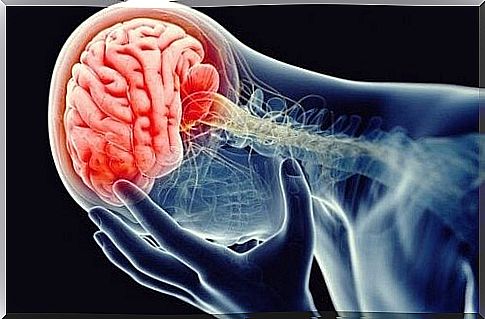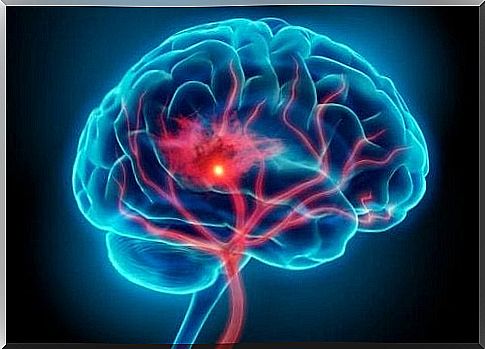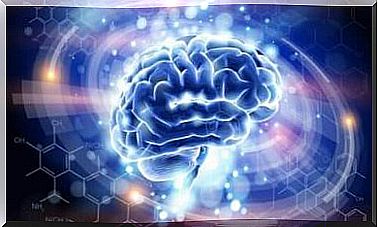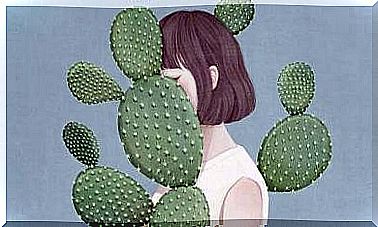Inflammation Theory About Depression

There are more and more studies that support the inflammation theory of depression. They say there is a link between some depressive disorders and chronic neuroinflammation caused by stress.
What happens is that these hemodynamic and lymphatic changes cause your body to release too many cytokines. This is what causes the psychological problems.
This is not a new thought. It is actually part of something called the physical theory of depression. Many people believe that it plays a major role in the development of endogenous depression.
It may not seem very plausible that some pathogens and inflammatory substances may have such an impact on our emotional disorder, but the fact is that there has been a great deal of support for this idea in recent years.
There are lots of studies you can look at. Dr. Bruce Charlton, Buckingham University, has been publishing studies on the relationship between excessive cytokines and depression, for more than a decade.
Neurologist Antonio Damasio has also talked about something called the “somatic marker”. This means that our body has a physical reaction to certain things that it sees as a threat. For example, you experience tachycardia, inflammation, fever… Then the psychological disorder will emerge.
Let’s look at some more information on this topic.

What is the basis of the inflammation theory of depression?
If you were walking down the street right now asking people what depression is, most people would probably just mention the symptoms. Exhaustion, lack of energy, bad mood, desperation, emptiness, darkness, bitterness and even physical pain.
But if you try to get them to tell you what exactly is leading to these crippling conditions, almost no one will be able to give you an objective answer.
The last question is particularly challenging in the medical and scientific fields. We must also point out that there is no clear agreement on the specific things that lead to this disorder.
It is also much harder to reach an answer, due to the many types of depressive disorders that are. It is a multifaceted condition that also manifests itself differently in each individual.
But in the last few years, the inflammation theory of depression has begun to gain ground. If so, it would mean that there is a medical condition that has a large link to people with a history of anxiety, stress, etc. If you want to understand it better, look at the information in this study that was published in the Journal of Clinical Psychiatry in 2016.

Depression as a psychoneuroimmune disorder
The Department of Epidemiology at Janssen Research & Development in New Jersey conducted an interesting study in which they followed 14,275 people with depression.
- They followed them for 5 years, between 2007 and 2012.
- They also analyzed their blood several times during the study. One thing that turned out was that almost 60% of the patients had 46% higher levels of C-reactive protein (CRP). This protein is a sign of an inflammatory disease.
- Many of these patients did not respond to normal treatments for depression.
- They were also all people who struggled with stressful and / or anxious situations.
- People with inflammatory signs also had a weaker immune system. Their injuries took longer to heal and they had several colds, allergies, etc.
The researchers concluded that what they had was a psychoneuroimmune disorder. The inflammatory theory of depression would make sense in those cases where their organs had a specific response to stressful stimuli.
The higher the amount of cortisol in their blood will have their body to release cytokines, vasoactive amines, nitrous oxide, etc. glucocorticoids. All of these things eventually lead to psychological problems.
How can you reduce the risk of depression associated with inflammation?
The Inflammation Theory of Depression says you can prevent your symptoms. The main cause of this condition is stress. It has to do with the way you manage anxiety and your worries.
When you do not and these things become chronic, your body tries to defend you against the threat. It will not take long for biochemical changes and inflammation to begin to appear.
So if you want to avoid these crippling situations, you should learn some preventative strategies. We’ll show you a couple of them right now.

Reduce your stress levels
Learn to prioritize. Remember, it’s about more than just resting your mind. Your body also needs to see calm and inner balance. It’s the only way it can find its own balance, homeostasis. So give yourself time and attention. Give yourself a few moments to relax.
A better diet
You need to avoid foods that cause inflammation: Sugars, white wheat, saturated fat … Here are some better foods to eat:
- Red fruits: Strawberries, cherries, currants…
- Lemons and oranges.
- Turmeric.
- Whole grains.
- Nuts.
- Leaf green.
- Garlic.
- Pineapples.
- Tomatoes.
- Pray.
Regular exercise
Walking every day for half an hour or running, swimming, dancing, etc. Regularly set your body in motion and give it some life. Get your heart working, give your brain some oxygen, and let endorphins and serotonin warm you up.
Relaxation exercises
We talk a lot about the benefits of yoga and mindfulness on our website. The inflammatory theory of depression also says that these strategies are a great way to get your inner balance back. But the most important thing is to give yourself time to work on everything that helps you personally relax.

Some people enjoy writing, painting, doing simple breathing exercises or even spending time with specific people. The real goal is just to find a perfect balance level where your body and mind are in balance. It is a state where nothing hurts, nothing worries you, and everything is fine and calm.
Try to make these things a routine. They are definitely worth it and of course they are worth your life .









